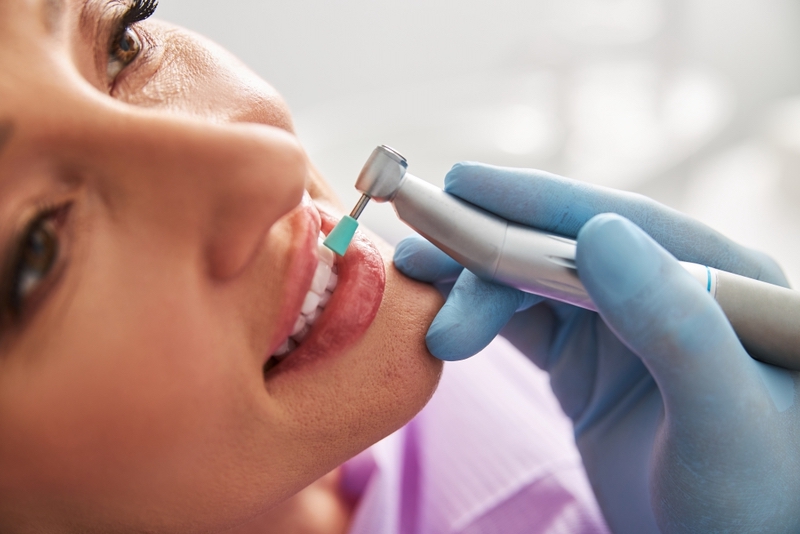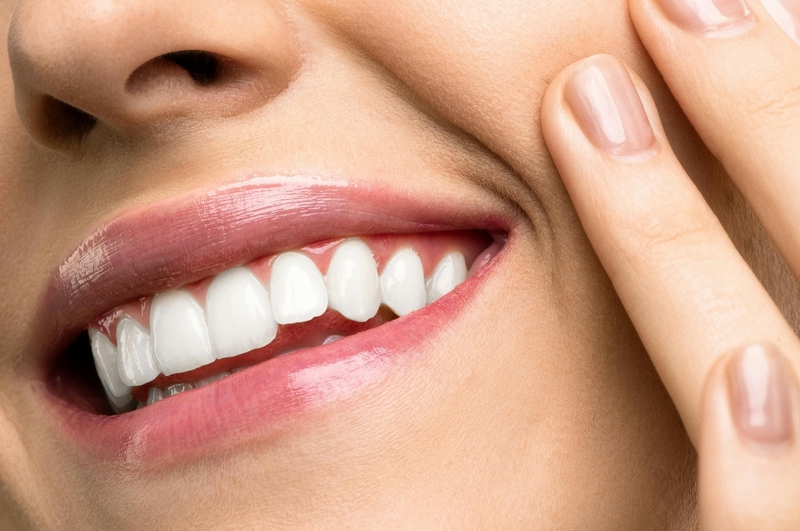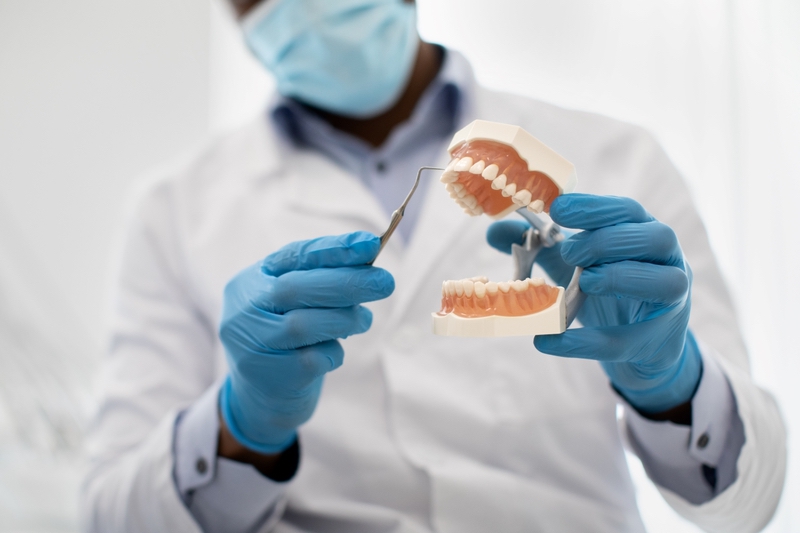With Advanced Dental Implants, Experience Superior Tooth Replacement.
The query of whether or not smokers can get dental implants successfully is one that many patients face. Smoking has long been associated with opposed effects on oral health, including gum disease, tooth decay, and compromised healing. Many people who smoke may worry about their ability to undergo dental procedures like implants, which rely closely on proper therapeutic and integration with the bone.
Dental implants are designed to replace missing teeth, offering a sturdy basis for artificial teeth. The process includes inserting a titanium submit into the jawbone, serving as a root for the model new tooth. For smokers, the healing process may be extended because of lowered blood circulate and oxygen supply, which affects the body’s ability to heal. Smoking also leads to the release of toxins that may negatively impression the surrounding tissues.
Research indicates that smokers face larger failure rates with dental implants in comparison with non-smokers. Several research suggest that the success rates of implants could decrease by 10% to 20% in smokers. This is largely as a outcome of impaired therapeutic, increasing the probability of infections and complications. The nicotine in cigarettes narrows blood vessels, lowering oxygen transport and nutrient delivery, both important for therapeutic.
With Customized Dental Implants, Create a Ideal Smile.
In addition to therapeutic points, smoking can even result in bone loss in the jaw. A healthy jawbone is necessary for the successful placement of dental implants. The impact of smoking can lead to the degradation of jawbone density over time. For people considering implants, maintaining bone health is essential, and smokers may have additional treatments to reinforce bone density earlier than they'll receive implants.
Before proceeding with implants, a dentist might consider a smoker’s total oral health. This analysis includes checking for gum disease, tooth decay, and the condition of the bone. If significant issues are found, the dentist may recommend that the patient stop smoking for a chosen interval earlier than and after the surgery to reinforce the probability of success. In some instances, specific dental procedures might be needed to enhance the conditions of the oral cavity.
Smoking not solely impacts the quick healing course of but also can influence how long the implants last. Several studies counsel that long-term smokers may face points corresponding to peri-implantitis, an inflammatory condition affecting the tissues across the implant. This condition can lead to bone loss, which might ultimately result in implant failure. The cyclical nature of smoking-related issues raises critical questions about long-term outcomes for smokers looking for implants.
With the most advanced oral implants, restore your smile.
However, quitting smoking can lead to important improvements in oral health. Even a brief cessation interval previous to surgery can improve blood move and the physique's ability to heal. Dental professionals usually encourage sufferers to consider quitting as part of the preparation for any dental procedures, including implants. Some research have documented instances the place short-term abstinence from smoking positively influenced the success of dental implants.
The support of healthcare suppliers, including dentists and general practitioners, can make a substantial distinction in this course of. Programs designed to assist individuals give up smoking are available and might embrace counseling, medicines, and group assist. Patients who efficiently stop smoking typically experience not solely higher dental outcomes but additionally overall health benefits, bettering their quality of life.
Patients additionally must be knowledgeable in regards to the risks associated with smoking earlier than and after the location of dental implants. Post-surgical care is essential for ensuring that the body integrates the implant with out problems. Smokers are sometimes cautioned in regards to the significance of sustaining good oral hygiene during the therapeutic course of. Regular follow-ups with the dentist can aid in monitoring the healing and permit for early intervention if problems come up.
It is you can look here essential to grasp that whereas the success rates for smokers may be lower, they are not totally precluded from receiving dental implants. Each case ought to be intently evaluated by a dental professional who can present personalized recommendations. Factors such because the extent of smoking, duration, and general health status will assist determine essentially the most appropriate course of action for each patient.
Implants that are both sturdy and aesthetic for a lifetime
Emphasizing preventative care, each pre- and post-surgery, holds vital significance for smokers considering dental implants. Routine dental check-ups, efficient periodontal remedy, and strict adherence to oral hygiene can help mitigate a variety of the risks related to smoking. It’s also helpful for smokers to discuss their habits candidly with their dental care group content to develop a tailor-made technique that addresses individual challenges.

Dental implants can provide a restorative solution for missing teeth, enhancing both appearance and functionality. For smokers, nonetheless, proceeding with warning is critical. Engaging in open dialogue with healthcare providers about smoking status and potential cessation can lead to better oral health outcomes. The willingness to make lifestyle changes can significantly improve the likelihood of profitable dental implant placement.
As a ultimate notice, smokers should stay proactive relating to their oral health. Making informed decisions and prioritizing dental care may pave the method in which for successful dental implant remedy. While smoking does introduce challenges, the potential for attaining a positive end result exists with the proper assist and commitment to more healthy habits.
With developed medical implants, improve your oral health.
Implementing strategies for quitting smoking not solely benefits the chances of dental implant success but in addition improves general health, in the end resulting in a better quality of life (Medical Implants that Last a Lifetime and Give Smiles).
- Smoking can significantly hinder the healing process after dental implant surgery due to lowered blood circulate and oxygen ranges in the gums.
- Smokers have the next risk of implant failure, with research indicating a noticeable disparity in success rates compared to non-smokers.
- The presence of nicotine and different harmful chemical compounds in tobacco merchandise can result in problems such as infections and delayed recovery.
- A thorough session with a dental skilled is crucial to assess individual risks earlier than proceeding with dental implants for smokers.
- Smoking cessation before and after the implant process can significantly improve the probabilities of success and total oral health.
- Dental professionals might recommend further treatments or procedures, corresponding to bone grafting, to enhance the viability of implants in smokers.
- Smokers may require extra frequent check-ups and maintenance appointments to observe the condition of their implants over time.
- Many dental clinics offer tailored packages to assist smokers in quitting, which can be helpful for these contemplating implants.
- Adequate oral hygiene practices, combined with smoking cessation, play a important role in minimizing complications after receiving implants.
- Evaluating life-style changes, together with dietary modifications, can contribute positively to the long-term success of dental implants for smokers.undefinedCan smokers get dental implants successfully?
Trusted Dental Implant Experts in Johnstown
What influence does smoking have on dental implants?
Smoking can considerably hinder the success of dental implants. It restricts blood move, delays healing, and increases the risk of infection, resulting in a higher probability of implant failure - With Professional Dental Implants, Create a Gorgeous Smile..
How long ought to one give up smoking before getting dental implants?
Implants with Long-Lasting Dental Implants for Better Oral Health
Ideally, it is strongly recommended to stop smoking at least 2-4 weeks prior to the process. This promotes better healing and increases the possibilities of successful integration of the implant.
Are there particular risks for smokers undergoing dental implant surgery?
Yes, smokers face elevated risks such as delayed therapeutic, infection, and potential implant failure. These components make the process more complicated, and careful consideration is required.
Experience Superior Tooth Replacement With Dental Implants
Can dental implants be successful for infrequent smokers?
While occasional smokers may have a decrease risk in comparability with heavy smokers, they're still at an elevated risk for complications. Consulting with a dental professional for personalised advice is essential.

What are tips for smokers to enhance dental implant success rates?
Implants with Natural-Looking Dental Implants for a Gorgeous Smile
Smokers can enhance their possibilities by quitting smoking properly in advance of the surgery, maintaining good oral hygiene, and following post-surgical care directions provided by their dentist.

Is there a difference in recovery for smokers versus non-smokers?
Yes, smokers generally experience longer recovery occasions and higher complication charges compared to non-smokers because of impaired blood circulation and oxygen supply to healing tissues.
What should a smoker discuss with their dentist earlier than getting implants?
- Experts in Johnstown's trusted dental implant program
With lasting oral implants, restore your smile

Smokers should discuss their smoking habits, any historical past of problems with earlier my company dental work, and techniques for quitting or decreasing smoking earlier than the procedure.
How does smoking have an effect on long-term implant maintenance?
With Professional Dental Implants, Make a Beautiful Smile.
Smoking can complicate long-term maintenance of dental implants. Smokers could also be more vulnerable to gum disease, which may jeopardize the steadiness of implants over time.
Can nicotine patches or other aids help smokers in the course of the dental implant process?
Yes, nicotine replacement therapies such as patches might help people reduce cravings and give up smoking earlier than surgery. It's advisable to discuss this with a healthcare professional to determine one of the best approach.